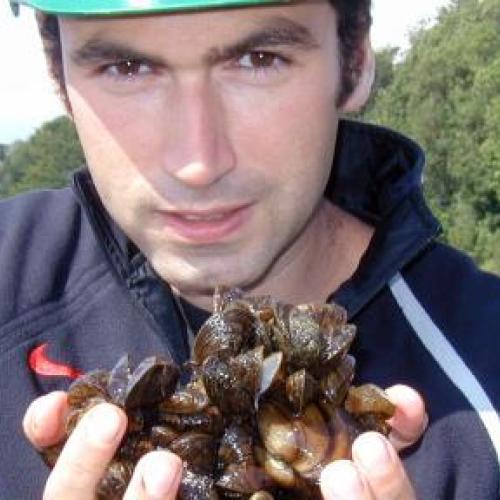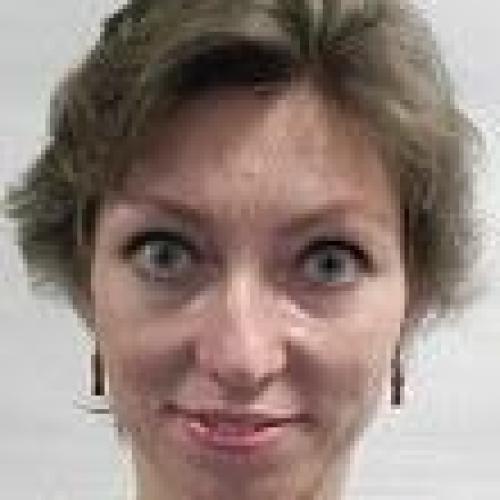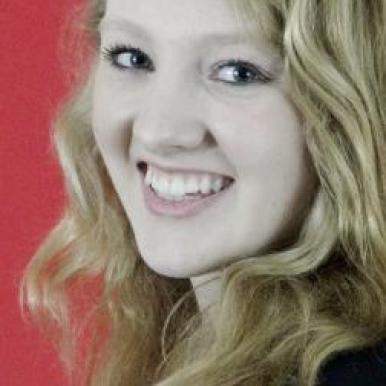Natural Sciences Biological
- Biological Natural Sciences at Corpus Fact File
-
Typical offer: A*A*A in A Levels (or equivalent). We require A* in Biology.
Required subjects: Biology and Mathematics, plus one from Chemistry, Physics, Further Mathematics
Typical number of Biological NST undergraduates admitted per year: 6-8
Submitted written work requirements: see our Written Work webpage
Admissions assessment: Pre-registration assessment
- NST at Cambridge
-
The Natural Sciences Tripos is the framework within which most of the science is taught in Cambridge. There are seven experimental subjects in the first year (Part IA), of which three must be taken. Some biologists choose the three biological modules: Biology of Cells, Physiology of Organisms and Evolution & Behaviour. However, the flexibility of the Natural Sciences Tripos offers the opportunity for students to avoid narrowing their options too early, and students often choose non-biological sciences options, such as Chemistry or Earth Sciences, plus two of the biological courses. This maintains a broad scientific training, and widens the choice of subjects that can be taken in subsequent years.
In addition to the experimental subjects, students must take either Mathematical Biology or Mathematics. Mathematical Biology, involves mathematical, statistical, and computational methods, being designed to approach these elements from an integrated biological point of view; the Mathematics course is suited to those with a particularly strong background and interest in maths.
In later years the Natural Sciences course allows students to choose subjects that most interest them, allowing specialization, while retaining flexibility. Further details of all the courses available in the second (Part IB) and third (Part II) years are available on the Natural Sciences Tripos pages. Some students stay on for a 4th year (Part III), gaining an MSci degree, Biochemistry and Systems Biology being the two options available for biologists.
- Why study Biological Natural Sciences at Corpus?
-
Corpus has had no shortage of biologists associated with it, from Stephen Hales, the seventeenth century pioneering physiologist, to the ecologist and former Master of the College, Oliver Rackham OBE, who was well known for his book "The History of the Countryside". There are a large number of Corpus Fellows conducting research in biological subjects ranging from Biochemistry, Plant Sciences and Neurobiology to Biological Physics; Honorary Fellow and former PhD student Dr Richard Henderson, based at the MRC Laboratory for Molecular Biology in Cambridge, won the 2017 Nobel Prize in Chemistry for developing methods to determine the structure of biomolecules.
Having approximately a dozen Fellows in this area means students will have close attention and excellent teaching throughout their degree. It also means undergraduates have a chance to get to know and interact with leading researchers in many diverse fields. Our graduates in biological sciences go off to careers in research, consulting, the pharmaceutical industry amongst many others. In addition we run academic and social events throughout the year as part of the Oliver Rackham Society, including a pizza quiz night and annual lecture and dinner.
- What do we look for in applicants?
-
Candidates for the biological side of Natural Sciences should specify this in their My Cambridge Application Form. Applicants should have A Levels/IB Higher Levels (or equivalent) in at least two science/mathematics subjects, although three is considered an advantage. See the NST Part IA paper descriptions for specific subject requirements for the Year 1 options. There is no absolute requirement for Biology at A2 Level (or the equivalent), but candidates should have at least one of Chemistry or Biology, and at least one other science A-Level or equivalent.
Candidates wishing to learn more about the life sciences at Corpus can see details on on-going Admissions Events.
- Super-curricular resources
-
We encourage prospective students to engage with biology beyond their school curriculum, be that reading New Scientist or National Geographic, listening to podcasts, such as The Naked Scientists and The Infinite Monkey Cage, as well as those run by academic journals to keep up with the latest scientific finds, such as Nature, or attending events, such as the Cheltenham Science Festival.



